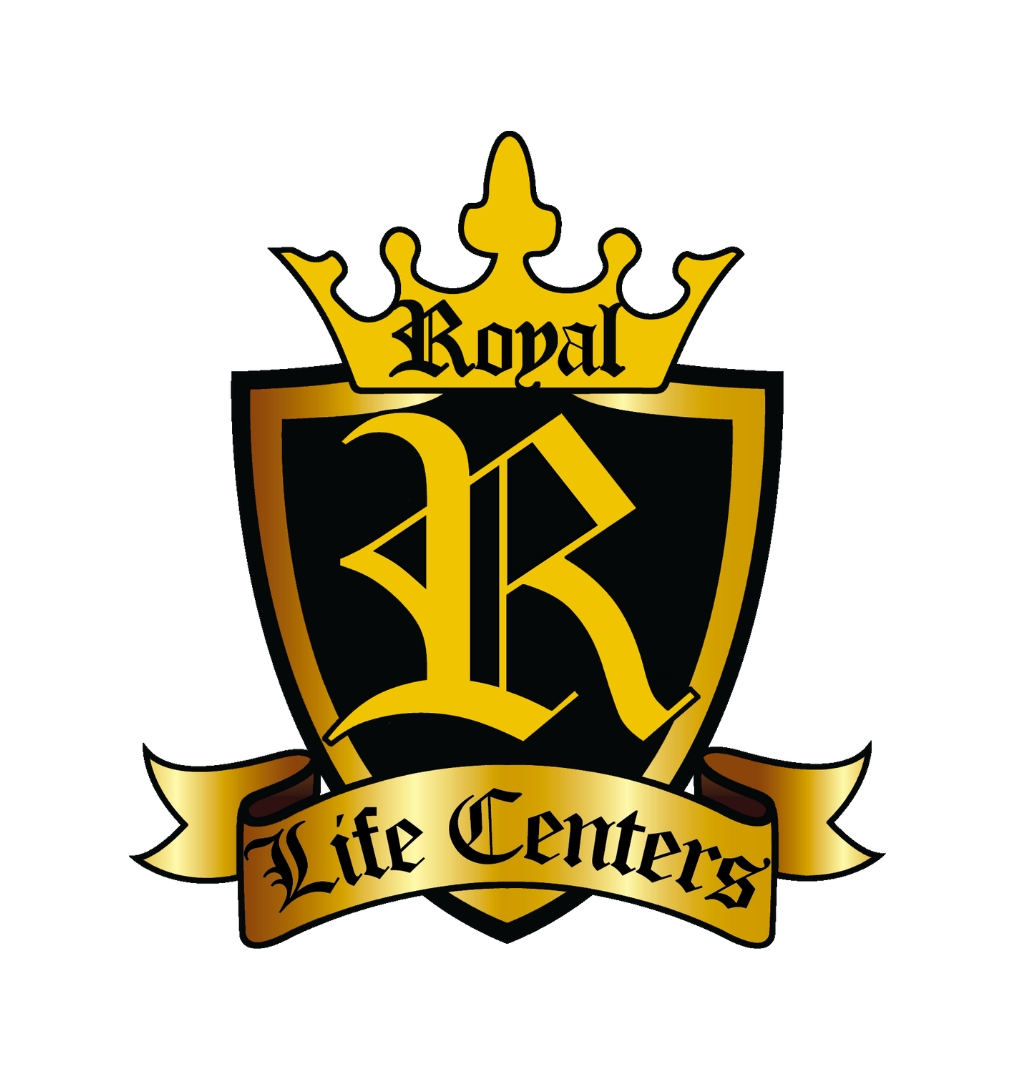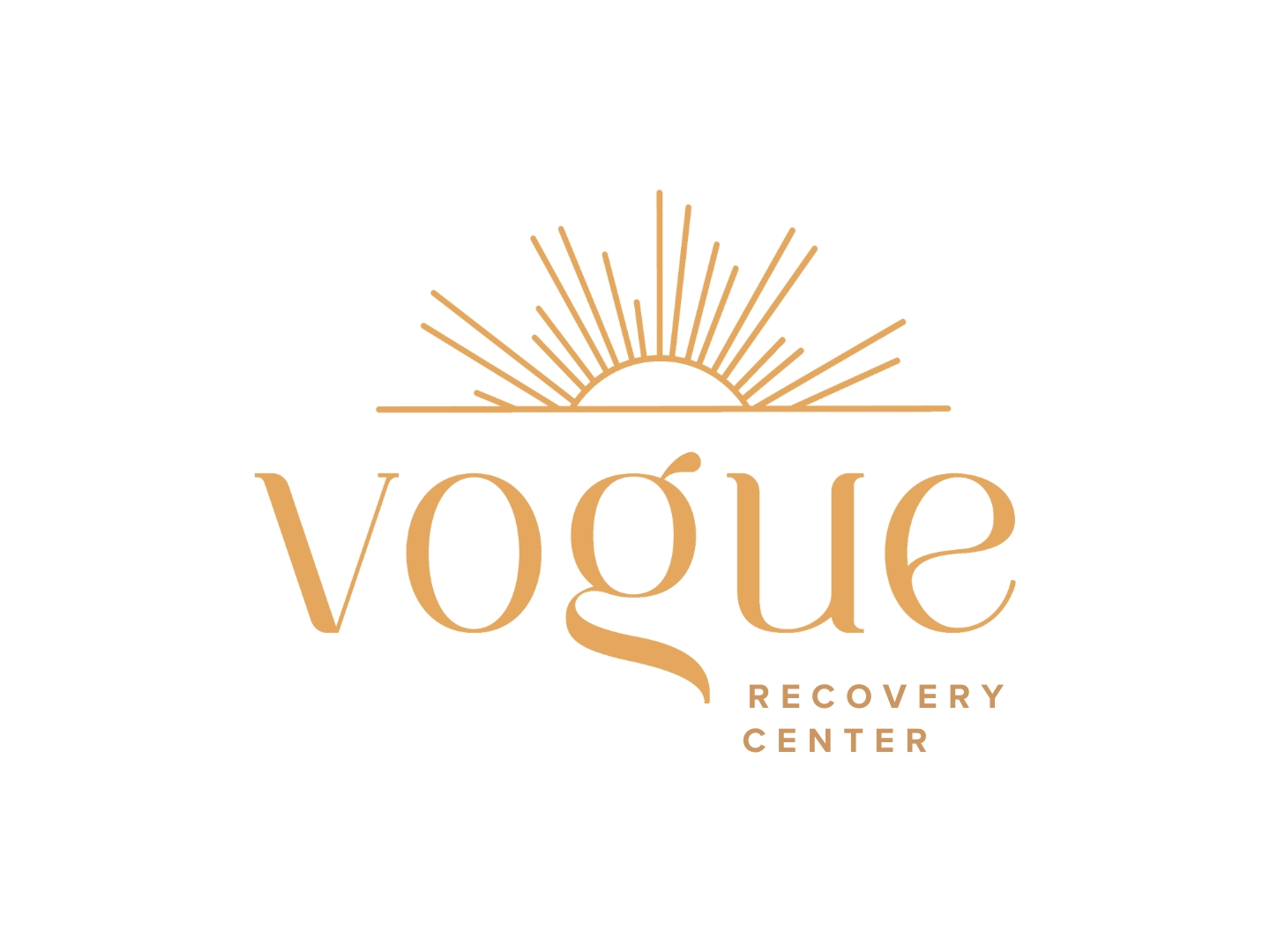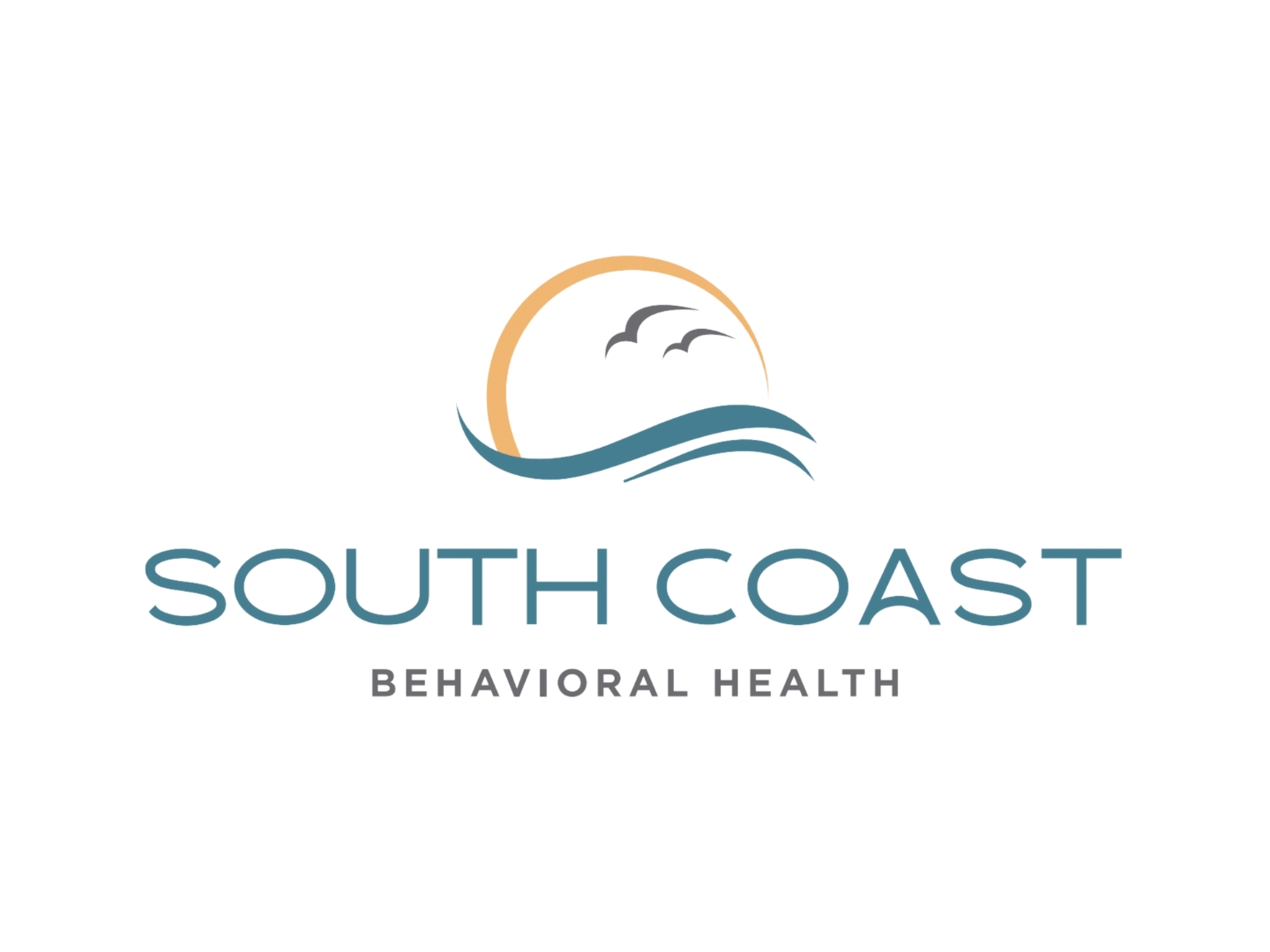Depression is a serious and common mental health condition that affects millions of people worldwide. Also known as major depressive disorder, depression is characterized by persistent feelings of sadness, hopelessness, and a loss of interest in activities that were once enjoyable. While depression can be a debilitating condition, it is important to understand that it is a treatable illness, and with the right support and treatment, individuals can manage their symptoms and improve their overall well-being.
At its core, depression is a complex disorder that can have a significant impact on an individual’s thoughts, emotions, and behaviors. Those struggling with depression may experience a range of symptoms, including changes in sleep patterns, appetite, and energy levels, as well as feelings of worthlessness, guilt, and suicidal ideation. Understanding the causes, symptoms, and available treatments for depression is crucial for those affected and their loved ones.
Depression, also known as major depressive disorder, is a mental health condition characterized by persistent feelings of sadness, hopelessness, and a loss of interest in activities that were once enjoyable. This condition can significantly impact an individual’s ability to function in their daily life, making it difficult to maintain relationships, hold a job, or perform everyday tasks.
The causes of depression are multifaceted and can include a combination of genetic, environmental, and neurological factors. Research has shown that individuals with a family history of depression are at a higher risk of developing the condition themselves. Certain life events, such as trauma, loss, or chronic stress, can trigger the onset of depression.
Individualized treatment is proven effective at treating mental health disorders and is a primary focus for depression therapists. It may seem impossible to overcome depression, but there are options for effective recovery when you work with professional clinicians like those at Aliya Health Group.
No one should have to wait to heal, which is why our specialists are available 24/7 to help guide you through the admissions process every step of the way.
While major depressive disorder is the most well-known and prevalent form of depression, there are several other types of depressive disorders that share some similarities but have distinct characteristics.
Persistent depressive disorder, for example, involves a chronic, low-grade depression that lasts for at least two years. Postpartum depression is a form of depression that occurs after childbirth, often due to hormonal changes and the stress of caring for a newborn. Seasonal affective disorder (SAD) is a type of depression that occurs during specific times of the year, typically during the winter months. Bipolar disorder, while not technically a depressive disorder, involves periods of depression alternating with periods of mania or hypomania.
Understanding the differences between these conditions is important for receiving an accurate diagnosis and appropriate treatment.
Depression is one of the most common mental health conditions, affecting millions of people worldwide. Understanding the prevalence, impact, and demographics of depression is crucial for raising awareness and improving access to treatment.
Key depression statistics:
These statistics highlight the significant burden of depression and the importance of improving access to effective treatment and support for those affected.
Several factors can increase an individual’s risk of developing depression, including:
Understanding these risk factors can help individuals and healthcare providers identify those who may be more susceptible to depression and provide appropriate prevention and treatment strategies.
If you or a loved one is struggling with their mental health, our admissions team is available 24/7. Our compassionate and understanding team can help answer your mental health treatment questions and get you started on the path to recovery.
Deciding to seek depression treatment can be intimidating. We are here to make this process as easy as possible. Reach out to us today to learn more about how our treatment centers can help!
Depression is a complex and multifaceted condition with various possible causes. While the exact causes of depression are still unknown, research suggests that a combination of biological, genetic, environmental, and psychological factors can contribute to its development. These factors can contribute to depression through a myriad of ways such as faulty mood regulation by the brain, genetic vulnerability, stressful life events, and certain medical conditions.
One potential cause of depression is an imbalance in brain chemicals called neurotransmitters. These chemicals play a crucial role in regulating our moods and emotions. When there is an imbalance in these chemicals – particularly serotonin and dopamine – it can lead to symptoms of depression. Certain medical conditions and neurological factors may also play a role.
Research suggests that depression can run in families, indicating a genetic component. As a result, people with a family history of depression are more likely to experience it themselves. This genetic predisposition, however, does not necessarily mean that someone will inevitably develop depression.
Environmental factors can significantly impact an individual’s mental health and cause depression. Stressful life events such as loss of a loved one, divorce, isolation, unemployment, or financial difficulties can trigger feelings of hopelessness and sadness. Traumatic experiences like physical or emotional abuse, neglect, or major accidents can also lead to depression. These events can disrupt an individual’s sense of safety and stability and cause them to feel overwhelmed with negative emotions.
One of the most common psychological factors linked to depression is chronic stress. When an individual experiences prolonged periods of stress, their body releases high levels of cortisol, also known as the “stress hormone.” This constant state of heightened arousal can lead to changes in brain chemistry and structure, making individuals more susceptible to developing depression.
Another psychological factor that is closely related to depression is low self-esteem. People with low self-esteem often have negative thoughts about themselves and struggle with feelings of inadequacy or worthlessness. These negative beliefs can become ingrained and can contribute to the development of depression.
The symptoms of depression can vary from person to person, but they typically include a combination of emotional, cognitive, and physical symptoms. Some of the most common symptoms of depression include:
These symptoms can significantly impair an individual’s ability to function in their daily life, and it is important for those affected to seek professional help to manage their condition effectively. Depression has a distinct set of physical, behavioral, and psychological symptoms and signs.
Physical signs of depression:
Behavioral signs of depression:
Psychological signs of depression:
It’s important to note that not everyone with depression will experience all of these signs, and the severity of the symptoms can vary. If you or someone you know is exhibiting these signs, it’s crucial to seek professional help to receive an accurate diagnosis and appropriate treatment.
Diagnosing depression typically involves a comprehensive evaluation by a mental health professional, such as a psychiatrist or psychologist. This assessment includes a thorough medical and psychiatric history, a mental status examination, and potentially additional assessments like psychological testing or lab work. The clinician will evaluate the presence and severity of key symptoms, including persistent feelings of sadness, loss of interest, changes in sleep and appetite, and impaired functioning.
To receive a diagnosis of depression, an individual must meet the specific criteria outlined in the Diagnostic and Statistical Manual of Mental Disorders (DSM-5). This comprehensive evaluation helps rule out other potential causes and determine the appropriate treatment approach.
The Diagnostic and Statistical Manual of Mental Disorders, Fifth Edition (DSM-5) outlines the following criteria for a diagnosis of major depressive disorder:
1. Presence of five or more of the following symptoms during the same 2-week period, representing a change from previous functioning:
2. The symptoms cause clinically significant distress or impairment in social, occupational, or other important areas of functioning.
3. The episode is not attributable to the physiological effects of a substance or another medical condition.
Meeting these criteria is essential for a diagnosis of major depressive disorder, which is the most common and severe form of depression.
The treatment of depression typically involves a combination of medication, psychotherapy, and life style changes. The specific treatment plan is tailored to the individual’s needs and may involve a combination of these approaches, as well as lifestyle modifications and support from family and friends.
Medications play a crucial role in the treatment of various mental health conditions, including depression. These drugs work by altering brain chemistry to help manage symptoms and improve overall functioning. While medications alone are often not enough for a full recovery, they can be an important part of a comprehensive treatment plan that also includes psychotherapy, lifestyle changes, and support from loved ones.
Antidepressant medications, such as selective serotonin reuptake inhibitors (SSRIs) and serotonin-norepinephrine reuptake inhibitors (SNRIs), can help alleviate the symptoms of depression by regulating neurotransmitters in the brain. These medications work by increasing the levels of serotonin and norepinephrine, which are chemicals that play a role in mood regulation.
Mood stabilizers are a class of medications primarily used to treat bipolar disorder. These drugs help regulate mood swings, reducing the severity and frequency of manic and depressive episodes. Examples of mood stabilizers include lithium, valproic acid, and lamotrigine. They work by stabilizing the balance of certain neurotransmitters in the brain.
Antipsychotics are a class of medications used to manage psychotic symptoms, such as hallucinations, delusions, and disorganized thinking. They are commonly prescribed for conditions like schizophrenia, schizoaffective disorder, and severe forms of bipolar disorder or depression. Antipsychotics work by altering the brain’s use of certain neurotransmitters, particularly dopamine and serotonin. They can help reduce the intensity and frequency of psychotic symptoms, allowing individuals to function more effectively in their daily lives.
Psychotherapy, or talk therapy, is a crucial component of mental health treatment. It involves working with a trained mental health professional, such as a psychologist or licensed therapist, to address the psychological, emotional, and behavioral aspects of a mental health condition such as depression. Psychotherapy can help individuals develop coping strategies, challenge negative thought patterns, and improve overall well-being.
Cognitive behavioral therapy (CBT) is a widely used and highly effective form of psychotherapy for a variety of mental health conditions, including depression and anxiety. CBT focuses on identifying and modifying negative or distorted thought patterns that contribute to problematic behaviors and emotions. By helping individuals recognize and challenge these thought patterns, CBT empowers them to develop more adaptive coping mechanisms and improve their overall functioning.
Dialectical behavior therapy (DBT) can help people who struggle with severe depression or emotional dysregulation. As a skill-based therapy, DBT focuses on teaching individuals how to cope with intense emotions and maladaptive behaviors. It was originally developed to treat borderline personality disorder, but has since been adapted for other conditions including mood disorders like depression.
In addition to medication and psychotherapy, making certain lifestyle changes can be an important part of managing mental health conditions. Incorporating healthy habits into one’s daily routine can help alleviate symptoms, improve overall well-being, and support the effectiveness of other treatment approaches. Incorporating the following habits into your lifestyle may reduce depression.
Regular physical activity has been shown to have a positive impact on mental health. Exercise can help reduce symptoms of depression and anxiety, improve mood, and increase feelings of well-being. Activities like aerobic exercise, strength training, and mindfulness-based exercises like yoga can all be beneficial.
Research on the connection between the gut microbiome and brain have also shown a strong link between a healthy gut and improved mental well-being. For this reason, a balanced, nutrient-rich diet can also play a role in recovery from depression. Certain nutrients, such as omega-3 fatty acids, B vitamins, and antioxidants, have been linked to improved mood and cognitive function. Avoiding processed foods, limiting caffeine and alcohol, and staying hydrated can all contribute to better mental health.
Adequate, high-quality sleep is essential for mental health. Disruptions in sleep patterns can exacerbate symptoms of depression, anxiety, and other mental health conditions. Establishing a consistent sleep schedule, practicing good sleep hygiene, and addressing any underlying sleep disorders can help improve overall mental well-being.
Studies have shown that sunlight exposure can affect depression, and that people with less sunlight exposure are more likely to experience depression. In fact, research shows that inadequate light exposure is linked to an increased risk of depression. Both natural sunlight and light therapy lamps can help improve mood and balance neurochemicals. Light therapy technology can be especially beneficial when there isn’t enough sunlight, making it an effective treatment during the winter.
In some cases, additional interventions, such as transcranial magnetic stimulation (TMS) or electroconvulsive therapy (ECT), may be recommended for individuals with treatment-resistant depression. TMS is a non-invasive procedure that uses magnetic fields to stimulate nerve cells in the brain. ECT, on the other hand, involves sending electrical currents through the brain to trigger controlled seizures. Both of these treatments have been shown to be effective for individuals who have not responded well to medication or therapy alone.
It’s important to note that these interventions may come with some side effects and risks, so it’s crucial to discuss them thoroughly with a healthcare provider before making a decision. Additionally, ongoing therapy and establishing strong support systems are essential for maintaining progress and preventing a depressive relapse.
Aliya Health Group accepts most major health insurance providers on both a national and local level.
Some of the health insurance providers we work with include (but are not limited to):








Depression can be daunting and may not be resolved overnight. However, there are some ways to manage your mental health condition.
Here are a few:






Seeking professional help is crucial for effectively managing depression. This may include:
Finding depression treatment nearby starts with calling the admissions team at Aliya Health Group. We operate depression and mental health treatment centers across the country, all dedicated to the same goal of helping people get better. Through our skilled clinicians and effective treatment programs, anyone can leave depression behind and move on to a happy and healthy life.
Before entering outpatient treatment for substance abuse, most people have a long list of questions and concerns. To help you gain a better understanding of what to expect during outpatient programs, we have compiled a list of our most frequently asked questions.
Yes, our rehabilitation facilities have designated smoking areas available. However, kindly note that all cigarettes brought into the facility must be in unopened packs or cartons. The same rule applies to any cigarettes sent or brought by family or friends. Our staff will be more than happy to provide you with additional details regarding these guidelines during the admission process.
Yes, in most cases, we can offer repayment options tailored to your unique circumstances. For more details regarding personal repayment options, we recommend reaching out to our admissions team. They’ll be more than happy to assist you.
We accept all major insurance plans at our treatment locations. To learn more about insurance and treatment cost, contact our admissions team or fill out our secure insurance verification form.
Yes, we provide integrative dual diagnostics alongside a wide array of treatment modalities. Our core objective revolves around tackling addiction, while simultaneously addressing the underlying factors that contribute to substance use disorders. Our mission is to deliver effective and holistic care that encompasses both symptom management and the exploration of root causes of addiction.
In terms of cost, outpatient treatment is typically more affordable than inpatient options which require round-the-clock medical supervision. This makes it a viable solution for individuals who may be deterred from seeking help due to financial constraints.
"*" indicates required fields
For Immediate Help Call: 888-973-2078
Aliya Health Group is a comprehensive network of addiction and mental health treatment centers, with locations spanning nationwide.
We are driven by our commitment to empower individuals, families, and the community by providing education, tools, and support, to help them lead healthy, fulfilling lives in recovery.
Our admissions team is available 24 hours a day, 7 days a week, 365 days a year.






